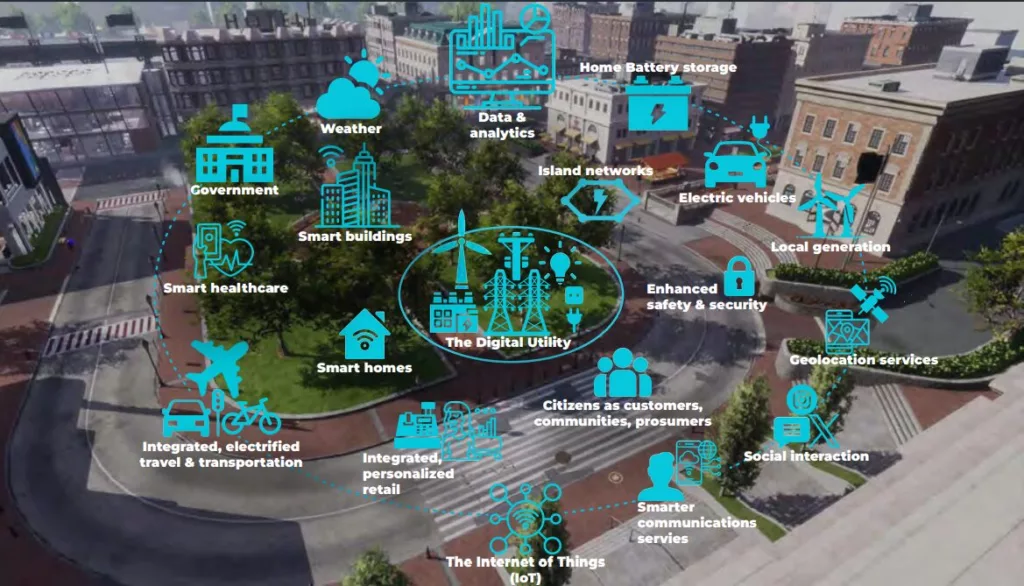
Section 4: Implementing the Urban Metaverse in Government Operations
The implementation of the Urban Metaverse in government operations is a significant undertaking that requires careful planning, strategic execution, and continuous evaluation. This section outlines a comprehensive approach for governments to successfully implement the Urban Metaverse, particularly through BizzTech’s platform.
Strategic Planning and Goal Setting
Define Objectives
Establish clear goals for what the government aims to achieve through the Urban Metaverse, such as improved citizen engagement, enhanced service delivery, or efficient urban planning.
Develop a Roadmap
Create a detailed implementation plan, including timelines, milestones, and key deliverables. This plan should consider the necessary technological infrastructure, budgetary requirements, and human resources.
Stakeholder Engagement and Public Communication
Identify Key Stakeholders
Engage with various stakeholders, including government departments, technology partners, citizens, and community groups, to gather input and build support.
Transparent Communication
Develop a communication strategy to inform and educate the public about the benefits and opportunities of the Urban Metaverse. Clear communication helps in managing expectations and fostering public trust.
Technical Considerations and Infrastructure Requirements
Assess Technical Needs
Evaluate the existing IT infrastructure and identify upgrades or additions needed to support the Metaverse platform, considering aspects like bandwidth, data storage, and security.
Collaborate with Technology Providers
Work closely with providers like BizzTech to ensure the platform aligns with government requirements and integrates seamlessly with existing systems.
Guidelines for Scalability and Future Expansion
Start Small and Scale Gradually
Begin with pilot projects or specific use cases to test the effectiveness of the Metaverse in government operations. Use insights from these initial projects to refine strategies and expand gradually.
Plan for Scalability
Ensure that the Metaverse infrastructure is scalable to accommodate growing user numbers and evolving service needs over time.
Training and Capacity Building
Develop Training Programs
Create comprehensive training programs for government employees to familiarize them with the Metaverse technology, focusing on both technical and user-experience aspects.
Foster a Digital Culture
Encourage a culture of innovation and digital literacy within government departments to facilitate a smooth transition to Metaverse operations.
Security and Privacy Measures
Implement Robust Security Protocols
Given the sensitivity of government data, ensure that the Metaverse platform has robust security measures to protect against cyber threats and data breaches.
Prioritize Data Privacy
Adhere to strict data privacy regulations to protect citizen information, maintaining transparency about data usage and rights.
Monitoring and Continuous Improvement
Track Performance Metrics
Establish key performance indicators to monitor the effectiveness of Metaverse implementations, such as user engagement levels, service delivery times, and citizen satisfaction.
Iterative Improvement
Use feedback and performance data to continuously improve the Metaverse services, ensuring they remain relevant and effective in meeting the needs of citizens and government objectives.
Implementing the Urban Metaverse in government operations through BizzTech’s platform is a transformative process. It requires a strategic approach, careful planning, and a commitment to ongoing improvement and adaptation. By following these guidelines, governments can effectively harness the potential of the Urban Metaverse to enhance public services, engage citizens, and create more efficient and responsive governance models.